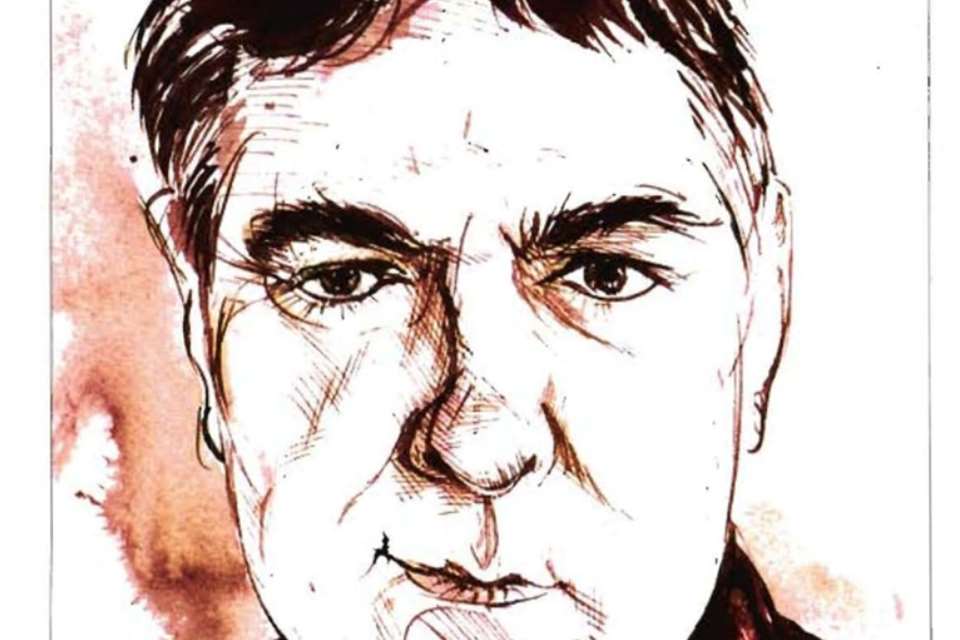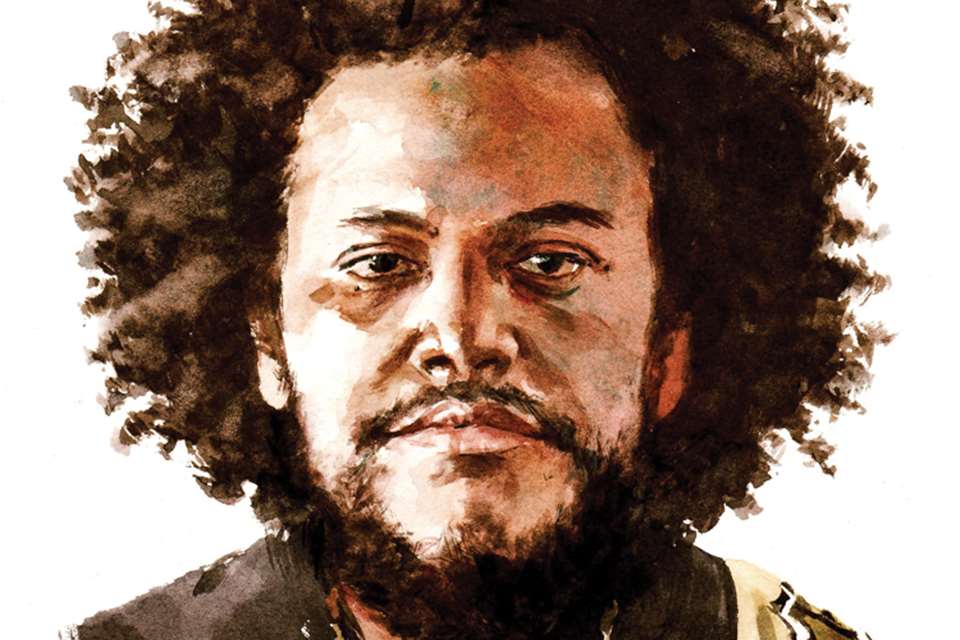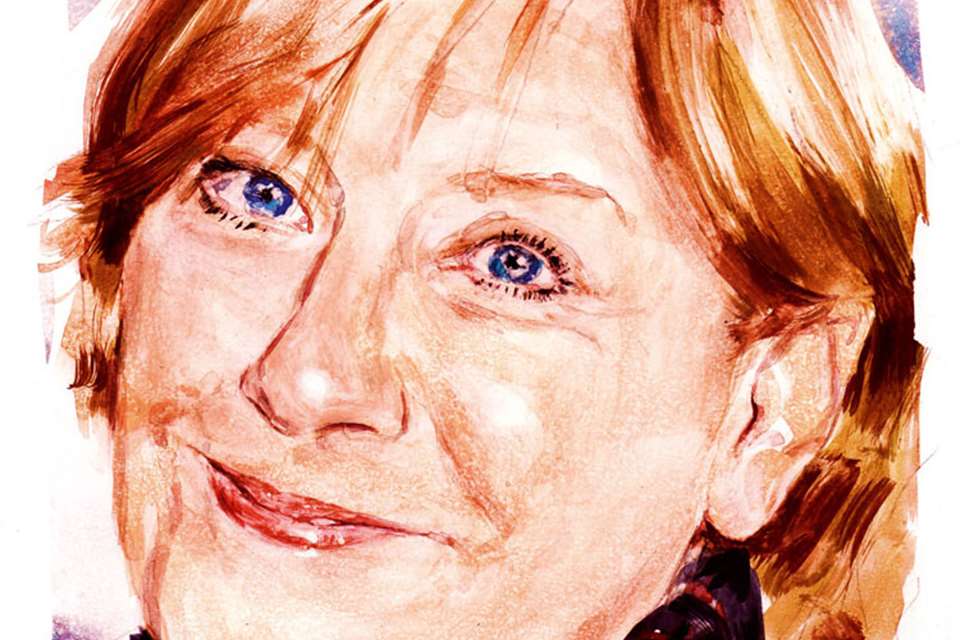Hans Zimmer | My Music: ‘Bach is forever my teacher and I listen to him constantly’
Gramophone
Thursday, January 15, 2015
The musical passions of Hans Zimmer, and how he writes music for the cinema

Register now to continue reading
Thanks for exploring the Gramophone website. Sign up for a free account today to enjoy the following benefits:
- Free access to 3 subscriber-only articles per month
- Unlimited access to our news, podcasts and awards pages
- Free weekly email newsletter














